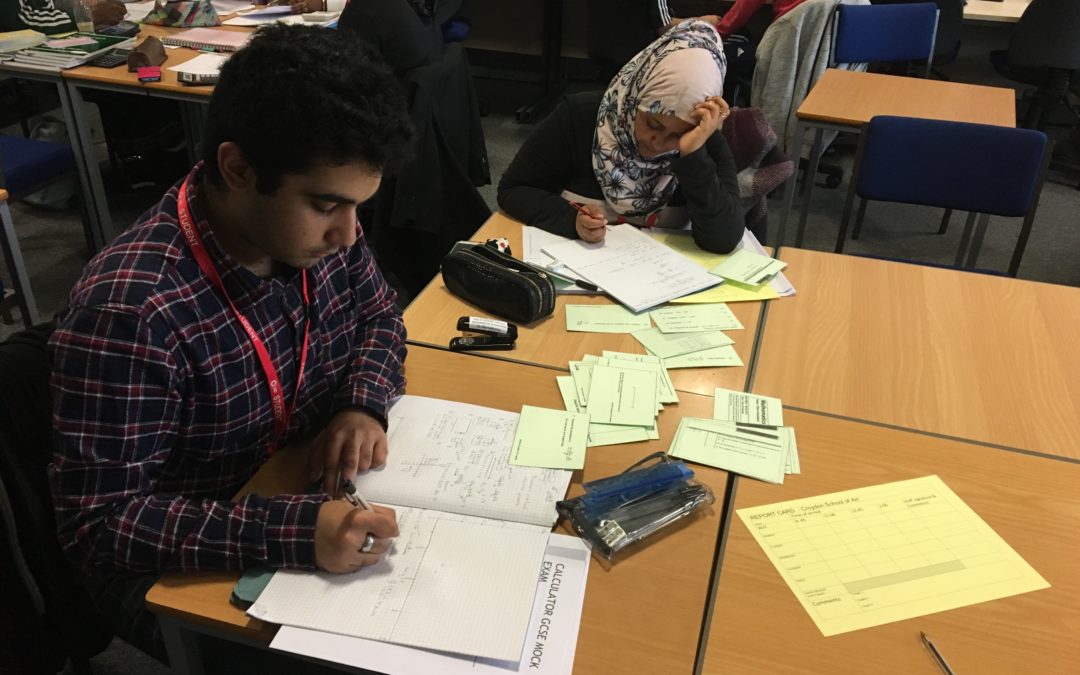
Revision tips for students and their families
The summer term has started and that means for many students – exam season!
The run-up to exams can be a tense time – but family members or carers, whether they know the subjects or not, can be a great help at this time.
First thing to do is ask how you can help: you can start the conversation by asking; ‘Have you planned your revision, do you need any help with your plan? How can I support you?’ A clear plan is the most important step and really helps to make best use of the time available.
It’s important to remember teenagers and young adults need routine – at home as well as in school, college or university, especially where a lot of independent study is required. They need the right environment to work in; this can be a quiet space at home or in the local library.
Parents should always have high expectations of their children, but they should also be aware of their anxieties and their need for regular breaks. Parents should also understand their children are thinking about their next steps – GCSE to college or 6thForm or apprenticeship / A-level or equivalents to university/ university to career – these are important months and big changes in their lives are about to happen.
It’s also important for parents to recognise where their children’s motivation lies… it can sometimes come from being the first person in the family to go to university. Remember most young people really want to make their family proud.
Revision tips for students:
The most ineffective way to revise is to read notes for long periods of time. Not much goes in, minds wander and too much time is spent “working” for very little learning.
Remember, how you might revise for one subject will be different to how you might revise for another, so for example, you might find it useful to do an online quiz for GCSE maths but use fact cards for GCSE languages revision.
Revision should be active – doing things, so…
- Make fact cards
- Draw mind maps
- Highlight notes
- Make lists
- Use online revision websites – you can listen to podcasts or test yourself and get instant feedback
- Write essay plans
- Answer past questions
Don’t work for hours without a break – memory and recall become less and less effective. Plan your revision in sessions of up to one hour and take a short break between sessions.
Change topics each session – this is really hard to begin with, but it’s a really effective strategy. It focuses your mind to get a certain amount or task done in a set time, and makes the time spent revising really count.
For revision sessions to be useful and worthwhile you need to make a few sacrifices…
- Find a quiet place to work, leave the TV switched off
- Tell all your contacts on Facebook, Messaging, etc. you are exiting the social media world for one hour.
- Put phones on silent and move them out of sight, switch off Facebook, Messenger, Snapchat etc. (you can do it!).
Your reward at the end of the session could be a quick communication burst; hopefully telling everyone how well your revision is going!
Look at marking schemes and examiners’ reports. That is how you will learn how examiners expect you to answer questions, what gains marks and, what does not.
Remember, if you need advice on your next steps– our experts are only a phone call away; Tel: 020 8686 5700
And finally – from all of us at Croydon College: “Good luck!”








